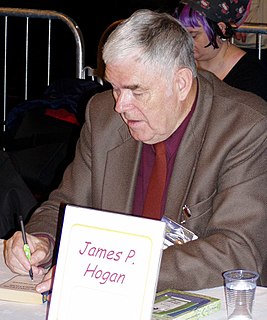A Quote by Charles Spurgeon
I believe a very large majority of church goers are merely unthinking, slumbering worshipers of an unknown God.
Related Quotes
The church persecuted is the church pure, and the church pure is the church powerful. I believe that Americans by and large have been cursed with blessings, and perhaps before long we'll be blessed with cursings. However, the assaults against the church will be turned around, and everything that the enemy meant for harm will ultimately be used for good.
Without doubt the emphasis in Christian teaching today should be on worship. There is little danger that we shall become merely worshipers and neglect the practical implications of the gospel. No one can long worship God in spirit and in truth before the obligation to holy service becomes too strong to resist. Fellowship with God leads straight to obedience and good works. That is the divine order and it can never be reversed.
Several large, artificial constructions are approaching us, ZORAC announced after a short pause. The designs are not familiar, but they are obviously the products of intelligence. Implications: we have been intercepted deliberately by a means unknown, for a purpose unknown, and transferred to a place unknown by a form of intelligence unknown. Apart from the unknowns, everything is obvious.
the very minute we think we 'have' God, God will surprise us. As we search in fire and earthquakes, God will be in the still small voice. As we listen in silent meditation, God will be shouting protests in the street. God is warning us that we had best not try to find our security in any well-defined concept or category of what is Godly - for the minute we believe we are into God, God is off again and calling us forth into some unknown place.
In Britain, when someone says they do not believe in God, they stop going to church. In the U.S., many who may have doubts about Christian orthodoxy may continue to go to church. They do so because they assume that a vague god vaguely prayed to is the god that is needed to support family and nation.
Malebranche teaches that we see all things in God himself. This is certainly equivalent to explaining something unknown by something even more unknown. Moreover, according to him, we see not only all things in God, but God is also the sole activity therein, so that physical causes are so only apparently; they are merely occasional causes. ( Recherches de la vérité , Livre VI, seconde partie, chap. 3.) And so here we have essentially the pantheism of Spinoza who appears to have learned more from Malebranche than from Descartes.
The clerical system of church management is exceedingly popular, but the whole thought is foreign to Scripture. In a church all the members are active. He [God] appointed some to take oversight of the work so that it might be carried on efficiently. It was never His thought that the majority of the believers should devote themselves exclusively to secular affairs and leave church matters to a group of spiritual specialists.


































